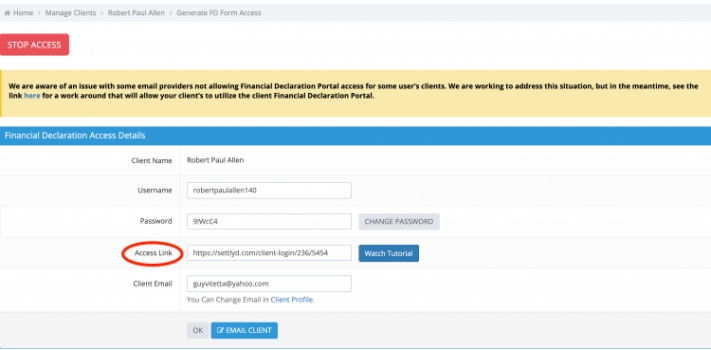
Fixed Fees and Limited Scope Engagement Agreements

It wasn't always like this.
There was a day, not too long ago, when a person who had a legal problem would see a lawyer to discuss the problem, the lawyer would think about it, quote a fee, and that would be the cost of the case.
With the advent of the auto accident cases in the 1960's, insurance companies found it more efficient to retain just one or two firms in each state to defend all claims. The law firms found that it was a better business model (they could make more money) by charging by the hour, quarter hour, or even a tenth of an hour to defend the claims.
And that is largely how "Billable Hour" legal services were born. It is the gold standard for most legal services in civil and domestic relations court. The problem is that the billable hour method of paying for legal services has become very expensive and creates a conflict of interest between the client and the lawyer.
But things are changing. Many of us now offer fixed fees on uncontested matters such as drafting and gaining court approval of Marital Settlement Agreements, uncontested divorces, step parent adoptions, criminal defense fees, and more.
In order to address the high cost of legal fees and consumers disdain for billable hours, a process called "Limited Scope Representation" is being expanded by many state Bars to provide options to the standard billable hour engagement agreement. Under an expanded Limited Scope engagement agreement, attorneys and clients are permited to engage in parts of cases in accord with terms that are clearly set forth in a written engagement contract.
Marble Law is a law firm based in San Diego that is challenging the billable hour status quo by expanding Limited Scope representation and fixed fees to all of their legal work. Marble fee agreements clearly define the limited scope of the attorney's egagement. Once the attorney has completed the agreed upon scope of work, the client gets notified and can then choose to engage the attorney for the next scope of work, move on to another law firm, or handle the matter themselves. Some have called this method a la carte legal services.
Limited scope representation is not new. Lawyers have always been permitted to limit their services in accord with the terms of a clearly written contract, such as the preparation of a Will or real estate closings. The drafting attorney is not agreeing to become involved in a subsequent Will dispute or litigation over the title of property. However expaning Limited Scope engagments to all areas of the law is a novel concept.
For example, some cases, such as uncontested divorces, are relatively straightforward and Pro Se litigants can generally handle them, but need a little help with the pleadings and court procedure. Why not let a lawyer prepare the doc's and sit down with the client for an hour and instruct them on what to do? It would be a reduced fee for the client and an efficient and productive process for he attorney.
In South Carolina our Supreme Court considering a Limited Scope rule amendment to Rule 11 of the South Carolina Rules of Civil Procedure. Of the 3 options they are considering, I think the below rule is best:
(f) Limited Scope Preparation of Documents. An attorney may draft or help draft a pleading, motion, or other paper filed by an otherwise self-represented person. The attorney need not sign the pleading, motion, or other paper, but the pleading shall contain the notation "prepared with the assistance of counsel" and shall state the attorney's name, address, telephone number, and bar number. In providing such drafting assistance, the attorney may rely on the otherwise self-represented person's representation of facts, unless the attorney has reason to believe that such representations are false or materially insufficient, in which case the attorney must make an independent reasonable inquiry into the facts. Limited scope assistance provided under this rule does not constitute an appearance in the matter.
Fixed legal fees and paying only for a la carte legal services may be the way of the future. It will permit clients to engage and pay for legal help only where needed while reserving certain legal issues to be resolved by the client. At the same time Limited Scope representation will permit lawyers to become engaged in legal work, and be paid for it, where they would normally have been excluded due to their client's inabilithy to pay the high cost of the legal fees required to handle the entire legal matter.
Time will only tell.




